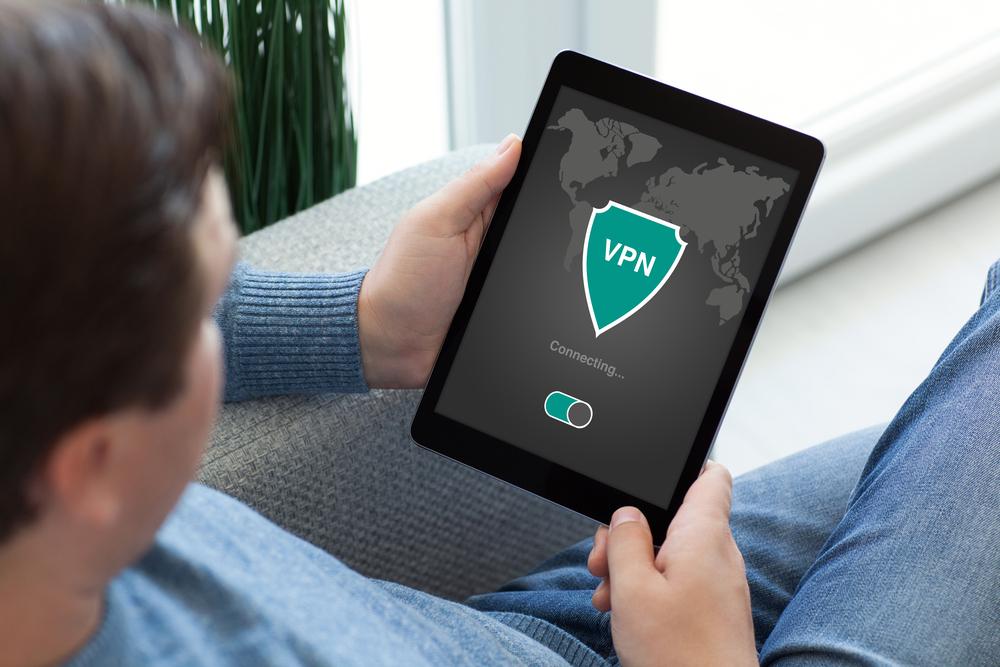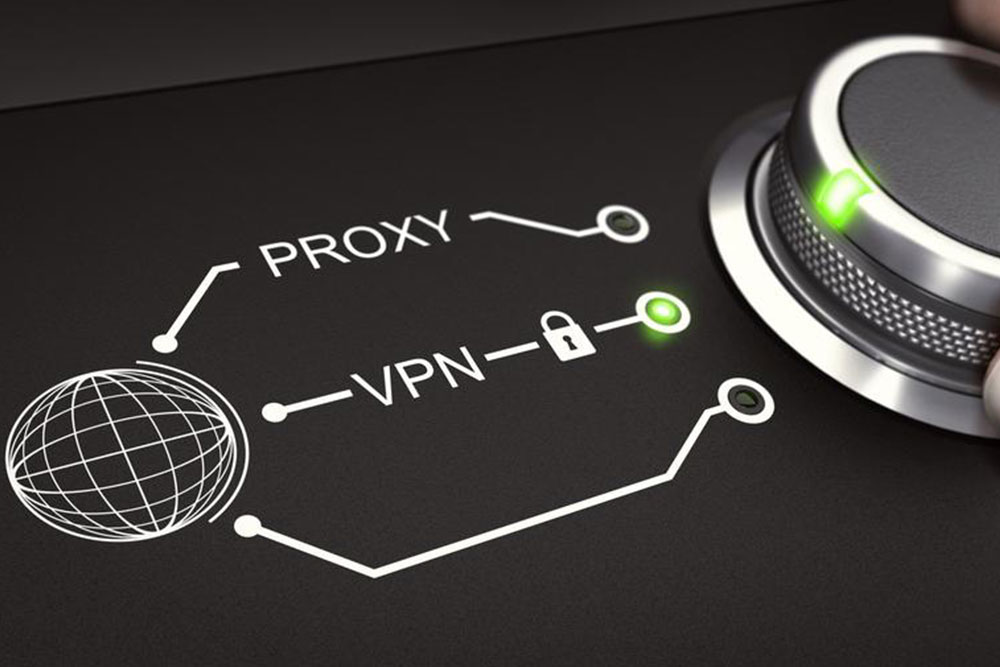Comprehensive Guide to SSL VPN Security: Ensuring Safe and Private Internet Access
Explore the comprehensive benefits and deployment strategies of SSL VPN technology. Learn how SSL VPN ensures secure, private, and seamless remote access for individuals and organizations in today's digital world, emphasizing ease of use, affordability, and robust encryption for online data protection.

Comprehensive Guide to SSL VPN Security: Ensuring Safe and Private Internet Access
In today’s digital age, safeguarding sensitive information during online communications is more critical than ever. One of the most effective tools for ensuring secure internet access is the SSL VPN (Secure Sockets Layer Virtual Private Network). This technology is widely used by individuals and organizations alike to encrypt data, protect privacy, and prevent cyber threats. This comprehensive guide explains what SSL VPN is, its core benefits, how it works, and why it is essential for secure remote connectivity. Whether you're a business owner, IT professional, or an individual seeking privacy, understanding SSL VPN can help you make informed decisions about your data security.
What Is SSL VPN and How Does It Work?
SSL VPN, or Secure Sockets Layer Virtual Private Network, is a technology designed to create a secure and encrypted connection over the internet between a user’s device and a private network. Unlike traditional VPNs that often require special client software, SSL VPNs typically allow users to access network resources through a standard web browser. This makes it highly accessible and flexible for a wide range of users.
SSL is a security protocol that uses encryption to establish a secure link between two parties. When combined with VPN technology, it creates a protected tunnel that shields data from interception or alteration during transmission. The core principle is to authenticate the user and encrypt the data exchanged, ensuring that sensitive information remains confidential even over unsecured networks like public Wi-Fi.
Using SSL VPN, users can securely access corporate networks, internal applications, or other sensitive resources remotely, without compromising security. This capability is particularly valuable in the age of remote work and mobile computing, where secure, remote access is fundamental for productivity and data protection.
Advantages of SSL VPN Over Other VPN Technologies
Compared to traditional IPsec VPNs, which often require dedicated client software installation and complex configurations, SSL VPNs stand out due to their simplicity and ease of deployment. They operate seamlessly through web browsers, eliminating the need for additional software downloads and configurations. This browser-based approach also enhances compatibility with various operating systems and devices, such as desktops, laptops, tablets, and smartphones.
Other notable advantages include:
Ease of Use: Access to secure resources is straightforward, often just requiring login through a web portal.
Cost-Effectiveness: Lower setup and maintenance costs compared to traditional VPNs, as there is no need for specialized client software.
Accessibility: Compatible with most modern browsers and devices, broadening the scope of users who can connect securely.
Security Features: Support for advanced encryption protocols, user authentication, and session management ensures robust security measures are in place.
Deploying SSL VPN: Easy Implementation for Everyone
Implementing SSL VPN solutions is generally straightforward, even for organizations without extensive IT resources. Many vendors offer detailed online tutorials, setup guides, and support services to assist with installation and configuration.
Businesses can opt for managed services or purchase hardware appliances that include SSL VPN capabilities. The process usually involves configuring the SSL VPN gateway, setting up user accounts, and defining access policies. Once deployed, users can connect to the VPN through a web browser with minimal hassle.
For individual users, many free or paid SSL VPN services are available online, often with step-by-step instructions to help you get started quickly. Since SSL VPNs require minimal system resources and an active internet connection, they are highly accessible.
Why Choose SSL VPN for Secure Web Access?
Choosing SSL VPN technology is a strategic move to enhance your online security and privacy. Its ability to encrypt data, authenticate users, and provide seamless remote access makes it suitable for a wide range of applications, from corporate data sharing to personal privacy protection. Moreover, its compatibility with modern browsers and devices ensures that users stay connected and secure from virtually anywhere.
In addition, SSL VPNs offer an affordable, scalable solution for growing organizations, enabling secure telecommuting, branch office connectivity, and remote customer access without significant infrastructure changes.
In conclusion, SSL VPN represents a vital tool in today’s cybersecurity landscape. Its powerful encryption, ease of deployment, and accessibility position it as an ideal solution for safeguarding sensitive information against cyber threats. Whether you are protecting business data or securing personal communications, adopting SSL VPN can significantly enhance your online privacy and security posture.





